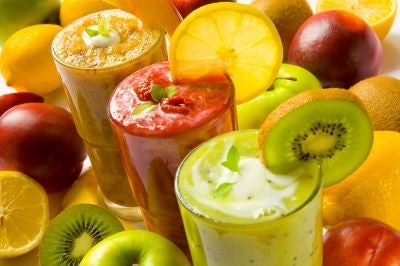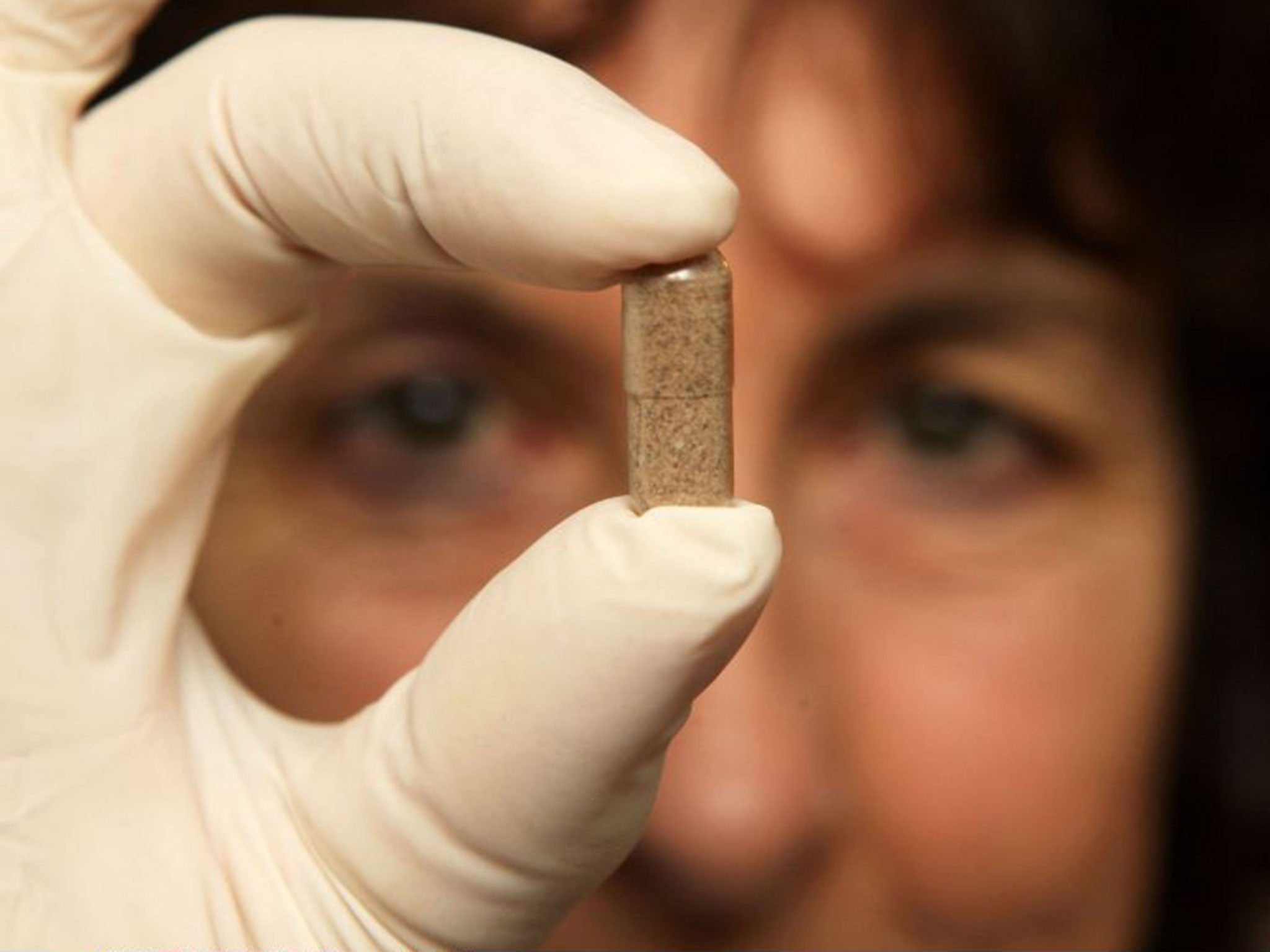Placenta smoothie business under investigation from council over 'serious health risk' concern
Kathryn Beale, who makes drinks and pills from women’s afterbirths, says the service has proved popular

Your support helps us to tell the story
From reproductive rights to climate change to Big Tech, The Independent is on the ground when the story is developing. Whether it's investigating the financials of Elon Musk's pro-Trump PAC or producing our latest documentary, 'The A Word', which shines a light on the American women fighting for reproductive rights, we know how important it is to parse out the facts from the messaging.
At such a critical moment in US history, we need reporters on the ground. Your donation allows us to keep sending journalists to speak to both sides of the story.
The Independent is trusted by Americans across the entire political spectrum. And unlike many other quality news outlets, we choose not to lock Americans out of our reporting and analysis with paywalls. We believe quality journalism should be available to everyone, paid for by those who can afford it.
Your support makes all the difference.A mother who makes smoothies from raw human placenta has been placed under investigation by council officials.
Public health agents in Swindon, Wiltshire, went to court to get an emergency prohibition order against 41-year-old Kathryn Beale amid concerns that the practice involves “a number of potential serious health risks”.
But Ms Beale, a mother of two, has insisted that her business is safe – and the application to temporarily shut it down was refused.
Ms Beale’s business provides women with the opportunity to eat pieces of their own afterbirth in a smoothie or to have them “encapsulated” in pills that can be taken at a later date.
“There is no eating of anyone else's placenta,” she said. “Everything has to be cleaned and sterilised and there is quite strict hygiene involved.”
Ms Beale’s business is called Optimum Doula, after the Greek word for an experienced woman who helps new mothers with childbirth, and she said she “understands” the council’s need to check food outlets are run safely.
“I think they have been a bit overzealous in trying to shut me down without doing a full inspection,” she added. “I believe that I do it safely.”

Swindon Borough Council health inspectors have visited Ms Beale’s home, where she makes the pills and also turns sections of umbilical cord into heart-shaped keepsakes with resin, but are yet to carry out a full inspection.
A spokesperson said: “We can confirm public protection officers attended court on March 10 seeking a hygiene emergency prohibition order in respect of raw human placenta practices.
“The order was not granted on this occasion. Our investigations continue and we are therefore unable to comment further at this stage.”
“Whilst the health benefits of this activity are not clear, the processes involved in the production of human placenta for human consumption present a number of potentially serious health risks which explains this action.”
While the placenta is widely considered to be full of nutrients given the role it plays in transferring sustenance to the baby, the pros and cons – and ethics – of eating it are much debated.
Comments on a Mumsnet discussion thread on the topic range from “this is an entirely normal biological thing to do with benefits to the mother” to “cannibals!”.
Join our commenting forum
Join thought-provoking conversations, follow other Independent readers and see their replies
Comments